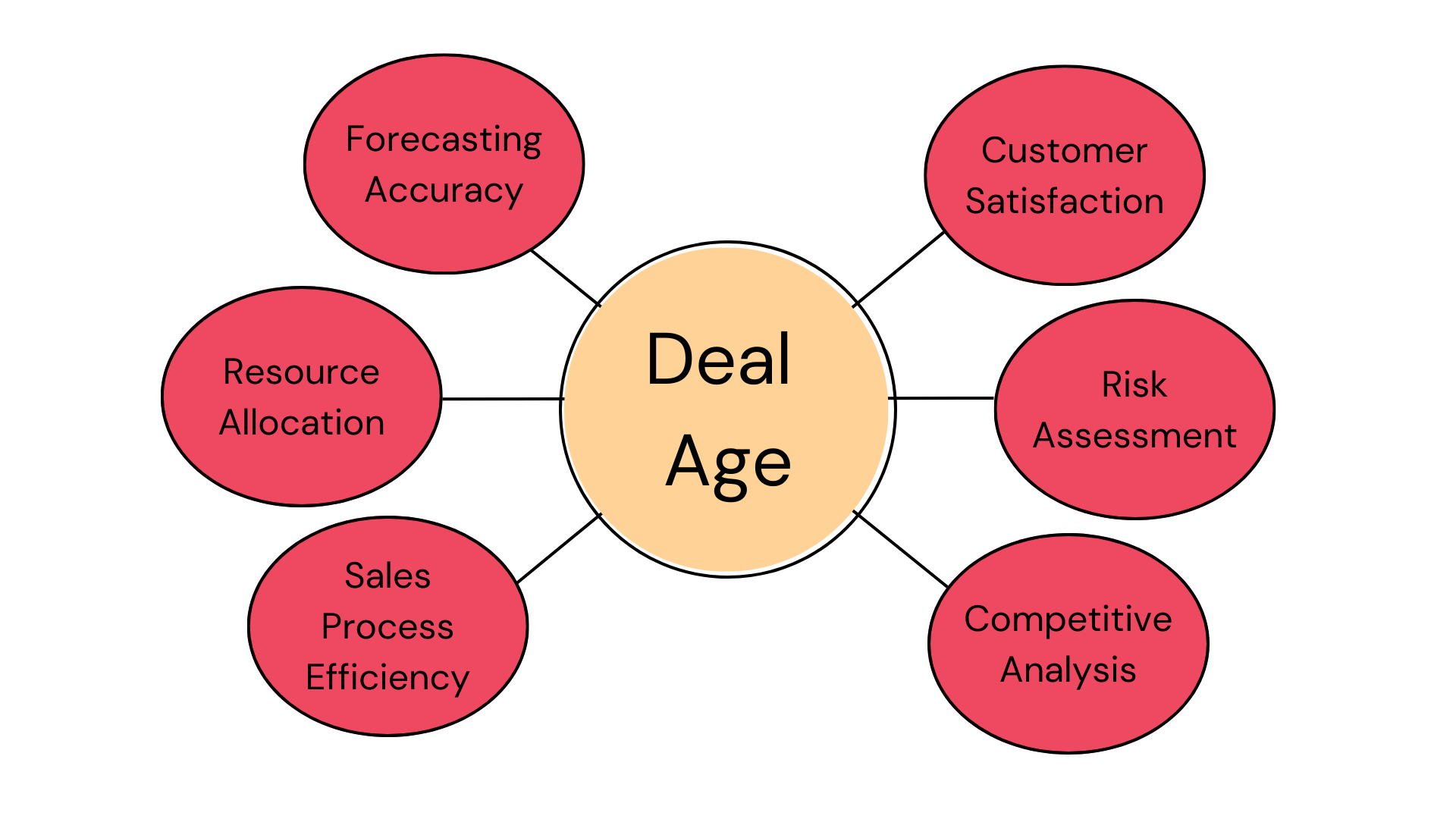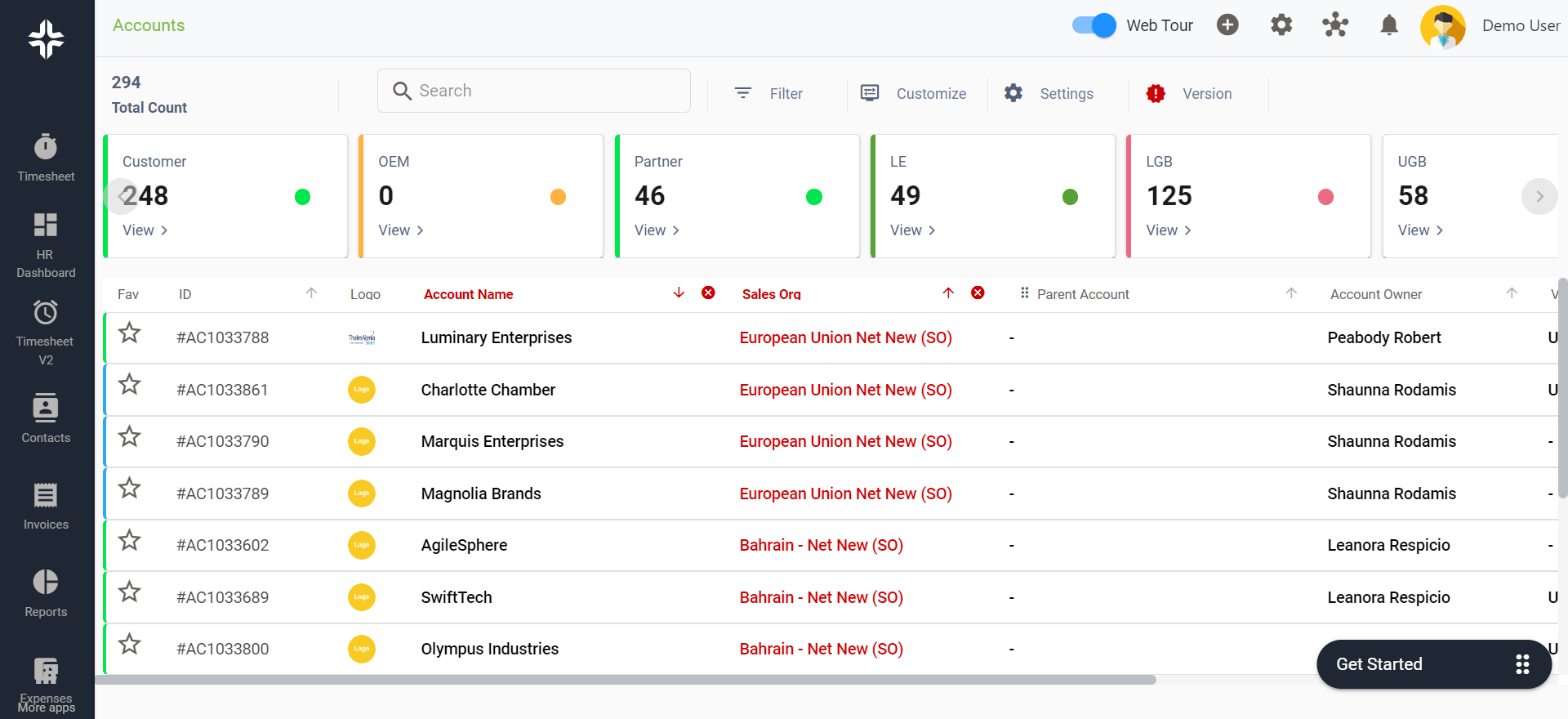Home » PSApedia
Deal Age
Stay Ahead in Business and Navigate the Deal Age with Confidence. Uncover Opportunities, Seal Deals, and Drive Growth.

What Is Deal Age?
Deal Age refers to the length of time a sales opportunity has been in your sales pipeline. It starts the moment a potential deal is identified and ends when the deal is either won or lost. Understanding Deal Age is pivotal, as it gives insights into how effectively your sales team is working and how prospective clients are reacting to your offerings.
Deal age refers to the duration of time that a particular business deal or opportunity has been under consideration or in negotiation. It helps in assessing the momentum of a deal, with older deals potentially indicating complications, stalling, or decreased priority. Monitoring deal age can be essential for sales and business development processes to optimize timelines and closure rates.
Why is Deal Age Important?
Deal Age plays a critical role in gauging the efficiency and efficacy of a sales team. A shorter Deal Age implies quicker conversions, indicating a high-performing sales team and a product or service in demand. Conversely, a prolonged Deal Age may suggest potential roadblocks in the sales process or the need for better sales training.
Understanding deal age is crucial as it can offer insights into the efficiency of the sales process, highlight potential issues in deal progression, and indicate when a lead may have gone cold. A prolonged deal age might suggest negotiations are stalling, or the lead is no longer viable, necessitating a review of sales tactics or potentially reallocating resources.

Why is Deal Age Important?
How to Calculate Deal Age?
Formula:
Deal Age = Date of Deal Closure (or current date if still open) – Date of Deal Creation
Example: If a deal was identified on January 1 and closed on January 15, the Deal Age would be 15 days.
Difference Between Deal Age and Lead Age
While Deal Age focuses on the time taken for a deal to close from identification, Lead Age considers the period from when a lead is generated to when it’s qualified as a viable sales opportunity. Distinguishing between these two helps businesses optimize both their marketing and sales strategies.
Deal age refers to the duration from the time an opportunity or potential sale is identified until the deal is closed, while lead age pertains to the time duration from when a potential customer or lead is first identified to when they are qualified as a viable opportunity. In essence, deal age tracks the time it takes to convert an opportunity to a sale, whereas lead age measures the time taken to qualify a lead.
How Is Deal Age Used in Sales Strategy?
Insight into Deal Age enables sales teams to refine their approach. By analyzing the duration deals remain open, teams can identify bottlenecks, strategize on quicker conversions, and ultimately improve sales performance.
Additionally, using tools like the proposal builder can significantly reduce Deal Age by streamlining the proposal process.
Deal Age vs Sales Cycle vs Lead Response Time
- Deal Age: Duration a sales opportunity remains in the pipeline.
- Sales Cycle: Total time taken from initial contact to closing a sale. This metric is crucial for project planning.
- Lead Response Time: Time taken to respond to a new lead. A quick response can greatly reduce Deal Age and improve customer experience.
| Metric | Definition | Importance |
|---|---|---|
| Deal Age | Duration a deal is in the pipeline | Assess sales efficiency |
| Sales Cycle | Time from initial contact to sale closure | Evaluate overall sales process |
| Lead Response Time | Time to respond to a new lead | Directly impacts customer satisfaction and potential sales |
Ready to Optimize Your Deal Age?
Elevate your sales process and ensure faster deal closures with KEBS comprehensive suite of tools. From a holistic deal management system to a refined project management approach, KEBS provides the solutions you need.

KEBS Deal Management
Dive deeper into the intricacies of PSA with our informative ebook or explore specific KEBS tools through our case studies. Whatever your sales and project management needs, KEBS has got you covered. Ready to see it in action? Book a demo or contact us today!



